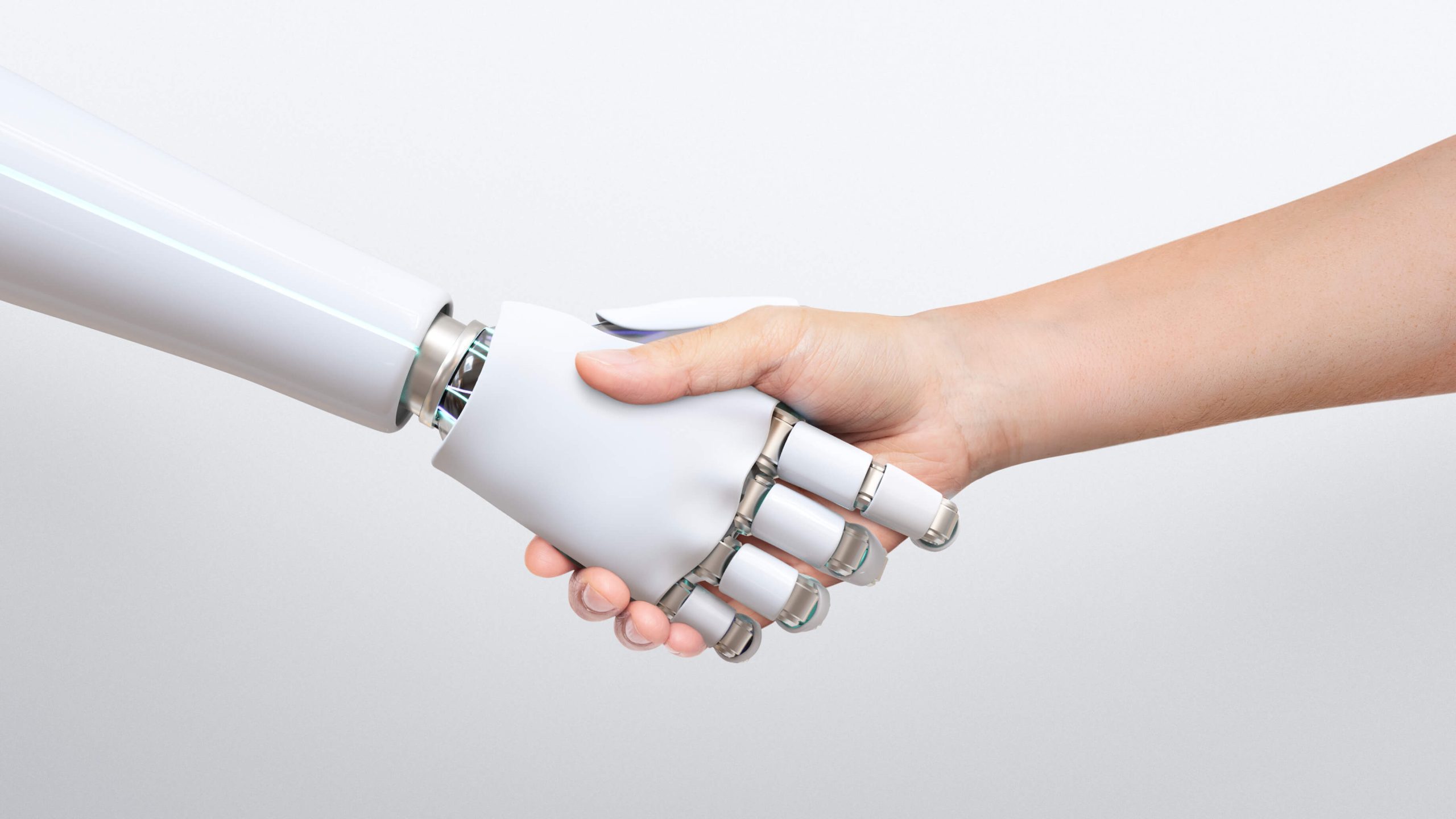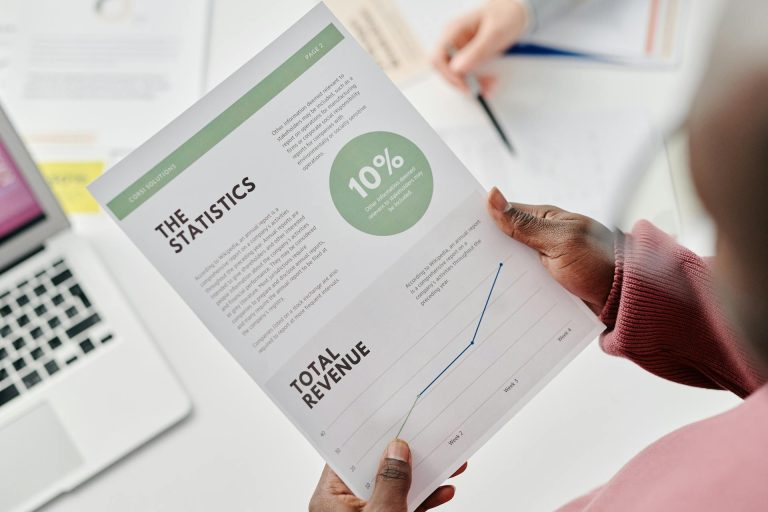Embrace AI — But Keep the Soul Intact
Let me be clear: I’m a believer in AI. I believe we should ride the AI wave, not get drowned by automation or stripped of the warmth that defines our industry.
There are hotels — including one in Singapore — that are almost fully automated. Robots deliver towels. Machines check guests in. Efficient? Sure. But warm? Human? Memorable? Far from it. The place felt soulless. Cold. I wondered: Are guests really okay with this?
The common rebuttal is, “The new generation doesn’t want to work in hospitality anymore. We’re short on staff, so we automate.”
Fair point. But here’s the opportunity:
We can redesign the way we operate, not just reduce headcount.
Where AI Can Truly Elevate Hospitality
Let’s start with the arrival experience. Why must guests still queue like they’re going through immigration? Imagine this instead: A relaxed lobby, with a coffee in hand, cool towel service, and an ambassador who warmly chats with you and crafts your stay in real time — supported by AI insights. No desk. No waiting.
Why do we still have rigid, siloed departments at the front desk? I’ve personally implemented merged roles across several hotels I’ve opened and managed. It works. Don’t say it’s not practical — it just takes will and vision.
AI can supercharge this process. On arrival, AI can curate recommendations: Where to shop, eat, be entertained, or unwind. It can even (with proper disclaimers) offer local medical suggestions based on real-time reviews.
Merging Departments for Efficiency & Empowerment
Let’s get real — some traditional roles are no longer necessary. Why do we still need secretaries in an AI-empowered office? Why keep Front Office, Reservations, Call Centre, Engineering, and Housekeeping as separate silos when integration can drive both cost-efficiency and guest satisfaction?
Some argue: “It’s not the same skill set.” That’s the end of innovation right there. I’m not saying we force people out of roles — I’m saying we evolve roles to be more cross-functional, fluid, and natural.
Performance & People:
Let AI Tell the Story
AI can be a brilliant coach. It can track work orders, service delays, guest feedback patterns — and flag whether issues stem from product flaws or staff response gaps. With this insight, we can train, support, and uplift our teams more effectively.
Imagine knowing which staff handle the most arrivals, departures, or service touches, month-on-month. That’s how you develop people, not just rate them.
The New Playing Field:
Experience Over Brand Loyalty
Today’s traveler isn’t just loyal to points or programs. They want memorable experiences. That means independent hotels can compete with global chains — if they’re nimble, responsive, and data-driven.
AI enables real-time feedback analysis, helps pivot guest offerings fast, and fuels smarter decisions. But don’t make it authoritarian. Innovation thrives through involvement, collaboration, and guided empowerment.
SOPs have their place, but excellence is born when teams are empowered to think, adapt, and act with intent.
Final Thought
AI is not here to replace hospitality. It’s here to enhance it, streamline it, and — if used wisely — bring us closer to what really matters: human connection.
Let’s lead the change. With heart, with vision, and with technology as our partner — not our replacement.



